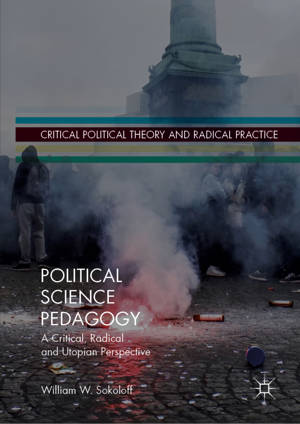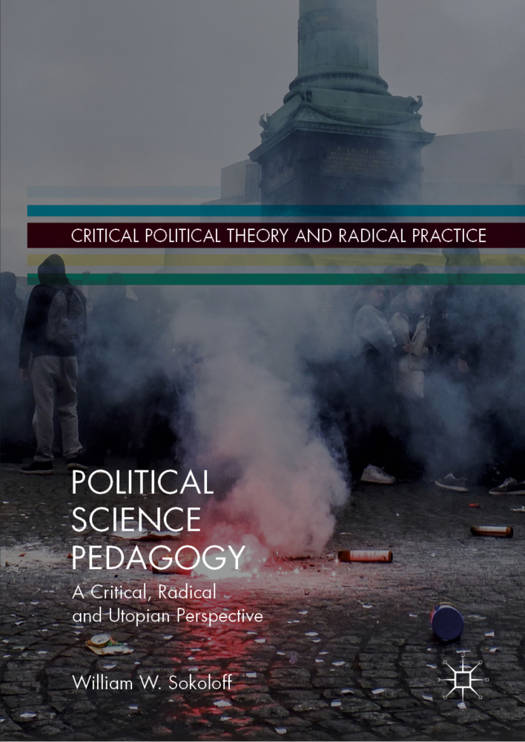
- Retrait gratuit dans votre magasin Club
- 7.000.000 titres dans notre catalogue
- Payer en toute sécurité
- Toujours un magasin près de chez vous
- Retrait gratuit dans votre magasin Club
- 7.000.0000 titres dans notre catalogue
- Payer en toute sécurité
- Toujours un magasin près de chez vous
Description
The field of political science has not given sufficient attention to pedagogy. This book outlines why this is a problem and promotes a more reflective and self-critical form of political science pedagogy. To this end, the author examines innovative work on radical pedagogy such as critical race theory and feminist theory as well as more traditional perspectives on political science pedagogy. Bridging the divide between this research and scholarship on both teaching and learning opens the prospect of a critical, radical and utopian form of political science pedagogy. With chapters on Socrates, Frantz Fanon, Paulo Freire, Leo Strauss, Sheldon S. Wolin, e-learning, and a prison field trip, this book outlines a new path for political science pedagogy.
Spécifications
Parties prenantes
- Auteur(s) :
- Editeur:
Contenu
- Nombre de pages :
- 172
- Langue:
- Anglais
- Collection :
Caractéristiques
- EAN:
- 9783030234898
- Date de parution :
- 18-09-19
- Format:
- Livre relié
- Format numérique:
- Genaaid
- Dimensions :
- 148 mm x 210 mm
- Poids :
- 381 g

Les avis
Nous publions uniquement les avis qui respectent les conditions requises. Consultez nos conditions pour les avis.






